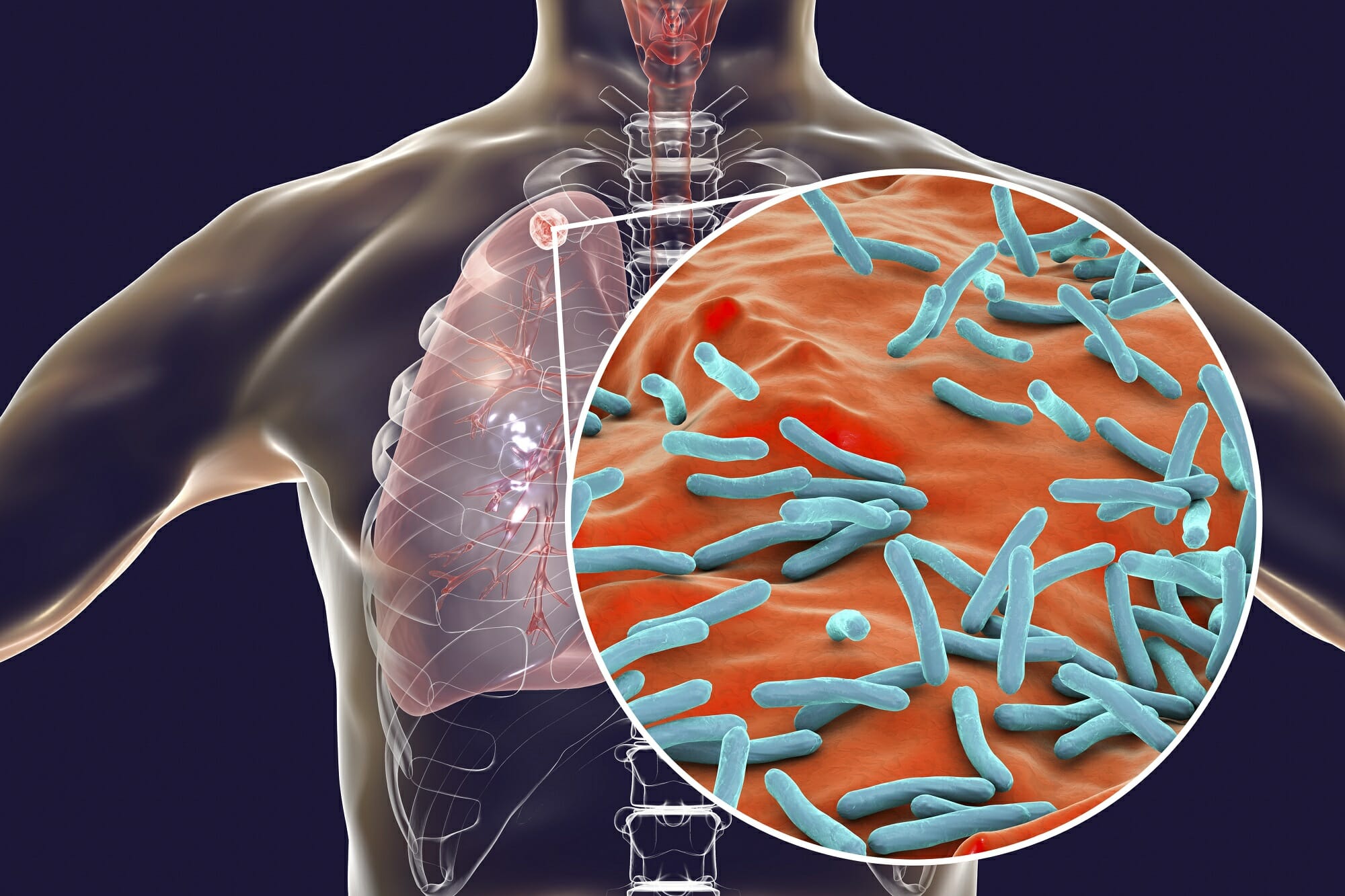Dr. ZUBAIR AHMAD AKHOON| DR. MUZAFFAR SHAHEEN| DR. AUQIB HAMID
Mycobacterium is a genus of bacteria that includes several species, including the species that causes tuberculosis (Mycobacterium tuberculosis) and leprosy (Mycobacterium leprae). The epidemiology of mycobacterial infections in India and Kashmir is a complex issue due to various factors such as poverty, poor living conditions, population density, and limited access to healthcare facilities.
Tuberculosis caused by Mycobacterium bovis is primarily a disease of cattle and other animals, but it can be transmitted to humans through direct contact with infected animals or consumption of contaminated animal products such as unpasteurized milk. In humans, Mycobacterium bovis infection is generally less common than the more common form of TB caused by Mycobacterium tuberculosis, which is primarily transmitted through airborne droplets when an infected person coughs, sneezes or talks. However, Mycobacterium bovis can still be transmitted from human to human through respiratory secretions, although this is relatively rare. It can also be transmitted through contact with contaminated surfaces or objects, such as clothing or bedding, that have been contaminated with infected bodily fluids.
People who are at higher risk of Mycobacterium bovis infection include farmers, veterinarians, abattoir workers, and others who work closely with infected animals. People who consume unpasteurized dairy products or who live in close proximity to infected animals are also at risk. Preventing Mycobacterium bovis transmission in humans involves measures such as pasteurizing milk, practicing good hygiene and sanitation, and avoiding contact with infected animals or their bodily fluids. Vaccines for Mycobacterium bovis are also available for cattle and other animals, but there is currently no vaccine for humans.
Mycobacterium tuberculosis (MTB) is the 9th leading cause of death with annually 10 million new cases and 1.7 million deaths worldwide. In India two patients die every three minutes because of MTB. Controlling MTB is a tremendous challenge. The MTB burden in India is still staggering. Every year, 1.8 million persons develop the disease, of which about 800,000 are infectious, and until recently, 370,000 died of it annualy-1,000 every day. The prevalence MTB in Kashmir, India, is a significant public health concern. According to the latest available data from the Revised National Tuberculosis Control Program (RNTCP), the estimated TB prevalence rate in Kashmir in 2019 was 182 per 100,000 population.
The incidence of drug-sensitive and drug-resistant MTB in Kashmir has been on the rise in recent years, with an increasing burden of multidrug-resistant TB (MDR-TB). According to a study published in the International Journal of Mycobacteriology, the prevalence of MDR-TB in Kashmir was found to be 5.5% among newly diagnosed TB cases and 23.8% among previously treated cases.
It is the causative agent of tuberculosis in humans, but it can also infect and cause disease in animals. The prevalence of Mycobacterium tuberculosis (MTB) in animals, particularly livestock, in Kashmir, India, is not well documented. However, several studies have suggested that the transmission of MTB from animals to humans may be an important public health concern in this region.
A study published in the International Journal of Mycobacteriology in 2017 found that 8.9 % of cows and 10.7% of buffaloes in the Kashmir region tested positive for MTB infection. Another study published in the Journal of Clinical and Diagnostic Research in 2015 reported that 5.5% of goats in the Kashmir region were positive for MTB infection. These findings suggest that the transmission of MTB from animals to humans may be occurring in Kashmir, particularly in areas where close contact between humans and livestock is common. The concept of “One Health” recognizes the interconnectedness of human, animal, and environmental health and emphasizes the need for collaborative approaches to address global health challenges.
In the context of MTB, a One Health approach would involve collaboration between human health, animal health, and environmental health sectors to control the spread of MTB and reduce the burden of disease in both humans and animals. This approach recognizes that the transmission of MTB between humans and animals can occur through various pathways, including direct contact, environmental contamination, and consumption of contaminated food products.
The One Health approach aims to address the transmission of MTB between humans and animals, particularly in areas where close contact between humans and livestock is common. In many developing countries, livestock such as cattle, goats, and camels are an important source of food and livelihoods for local communities, and zoonotic transmission of MTB can occur through the consumption of contaminated milk or meat.
The One Health approach also recognizes the impact of environmental factors on the transmission of MTB. Air pollution, poor housing conditions, and overcrowding can increase the risk of TB transmission among humans and animals, highlighting the need for a holistic approach that addresses the root causes of TB transmission.
Efforts to implement a One Health approach to TB control have included collaboration between human health, veterinary health, and environmental health sectors. For example, in India, the National Institute of Research in Tuberculosis (NIRT) and the Indian Council of Agricultural Research (ICAR) have collaborated to investigate the transmission of MTB between humans and animals, with the goal of developing integrated TB control strategies.
In conclusion, the One Health approach recognizes the interconnectedness of human, animal, and environmental health in the transmission of MTB and the control of TB. A One Health approach to MTB would involve implementing effective surveillance and control measures in both human and animal populations Collaboration between different sectors is essential to address the complex challenges associated with TB control and to develop integrated, sustainable strategies for TB prevention and control.
(Dr Zubair Ahmad Akhoon is Senior Assistant Professor, Division of Veterinary Medicine SKUAST Kashmir. Dr Muzaffar Shaheen is Professor and Head, Division of Veterinary Clinical Medicine SKUAST Kashmir and Dr Auqib Hamid is MVSc Scholar, Division of Veterinary Surgery and Radiology, SKUAST Kashmir)










